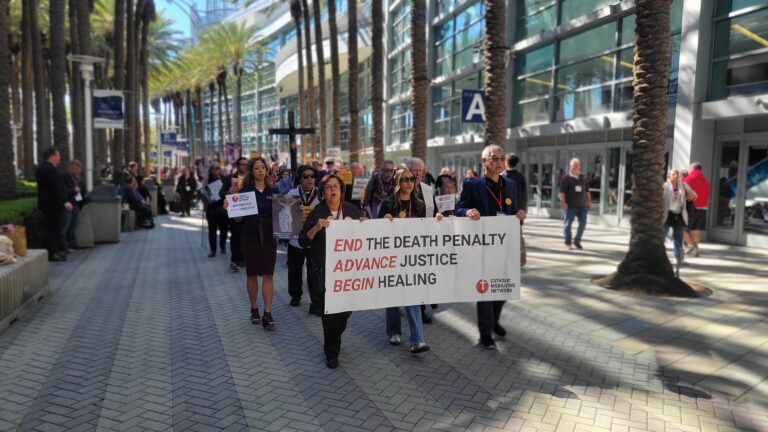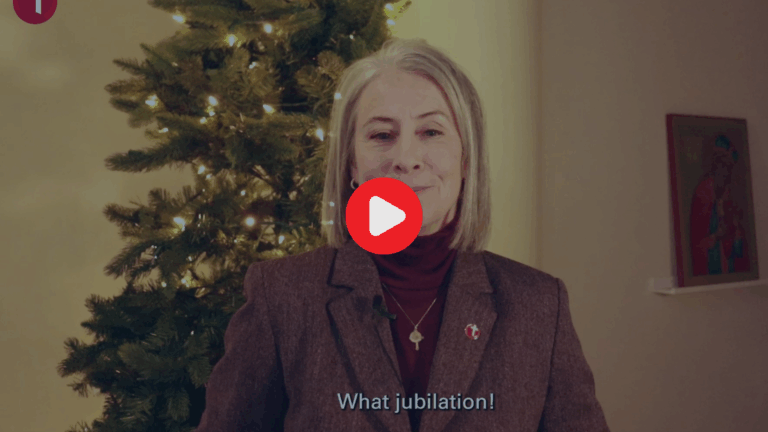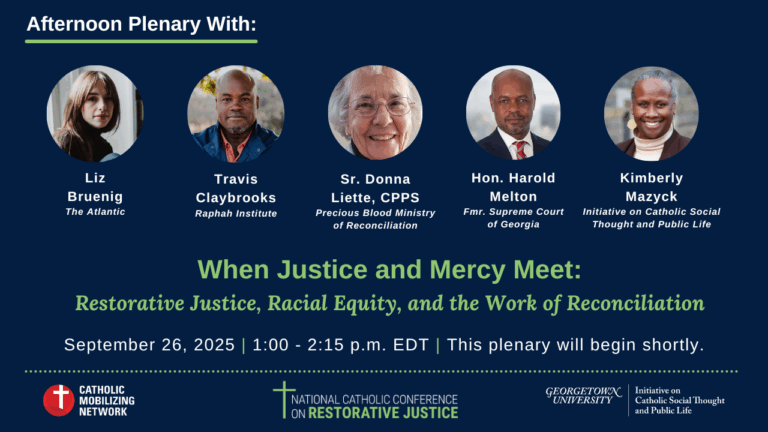Summary: Death Penalty Information Center Year-End report demonstrates death sentences and executions remain near historic lows
December 19, 2024 | A new report by the Death Penalty Information Center demonstrates that death sentences and executions remain near historic lows as public dissent of capital punishment continues to grow.
An overview of the death penalty in 2024
Data from 2024 demonstrates a continuation of trends we’ve seen for several years. The death penalty is currently only carried out in a handful of states. In fact, for individuals living in 41 out of the 50 states, capital punishment may not even register as a concern.
2024 was the tenth consecutive year with fewer than 30 executions and fewer than 50 new death sentences. The 25 executions conducted this year (compared to a similar number of 24 last year) were carried out by just nine states.
At the end of 2024, there are 23 states which have abolished the death penalty, 5 states which have paused executions by executive action, and 22 states which maintain the death penalty on the books.
The federal death penalty, while currently under significant pressure as President Biden is urged to commute death sentences before leaving office, received little to no attention by politicians throughout the year. During the high-profile presidential election, capital punishment was notably absent from both major political party platforms.
Public opinion polls demonstrate historic low for death penalty support
Public support for the death penalty marked a five-decade low this year according to the Gallup annual crime survey.
53% of Americans reported that they were in favor of the death penalty, while 43% stated they were not in favor. This marks the lowest level of support since the 1970s. The downward trend has been significantly driven by younger generations, GenZ and Millenials. More than half of these young adults aged 18 to 43 oppose the death penalty, while approximately six in ten adults of the older generations — Silent Generation, Baby Boomers, and Generation X — favor the death penalty.
As the country marks its 200th death row exoneration, several notable innocence cases gain attention
One of the most significant data points reached in 2024 was the 200th death row exoneration — an event that drew attention to the very present reality that capital punishment risks innocent life. This year, there were several high profile innocence cases that drew media attention, public outcry, and support from unlikely allies.
These cases included Marcellus “Khaliifah” Williams (Missouri) and Robert Roberson (Texas).
Marcellus Williams was executed on September 24 despite the objection of the St. Louis County Prosecuting Attorney and the victim’s family. Mr. Williams always maintained his innocence. Shortly before the date of his scheduled execution, Mr. Williams agreed to enter a plea in exchange for a sentence of life without parole. But within hours of that agreement, the Missouri Attorney General intervened and asked the Missouri Supreme Court to block the deal.
Robert Roberson nearly avoided death with a stay that came just 90 minutes before his scheduled execution. This delay was a result of an unusual move made by the Texas House Committee on Criminal Jurisprudence, who subpoenaed Mr. Roberson to testify before the committee on a date after his scheduled execution.
Mr. Roberson not only claims his innocence, but that in fact no crime ever occurred. He was charged in what is believed to be the accidental and tragic death of his two-year-old daughter.
Executions in 2024 include the first ever execution by nitrogen gas
As 2024 began, Alabama made an unprecedented move and conducted the first-ever execution by nitrogen gas suffocation, killing Kenneth Smith. Since then, Alabama has executed two more individuals with nitrogen gas: Alan Miller and Carey Grayson.
The method received condemnation across the globe. Media witnesses who had previously been present for executions by lethal injection said, “I have never seen such a violent reaction to an execution.”
As in the past years, the vast majority of people executed in 2024 had at least one of the following vulnerabilities: intellectual disability, brain damage, serious mental illness, and or a history of severe childhood trauma or abuse. Additionally, six of the 25 people executed were 21 or younger at the time of their crime. And many of the individuals executed had significant mitigating evidence that was never heard by a jury.









